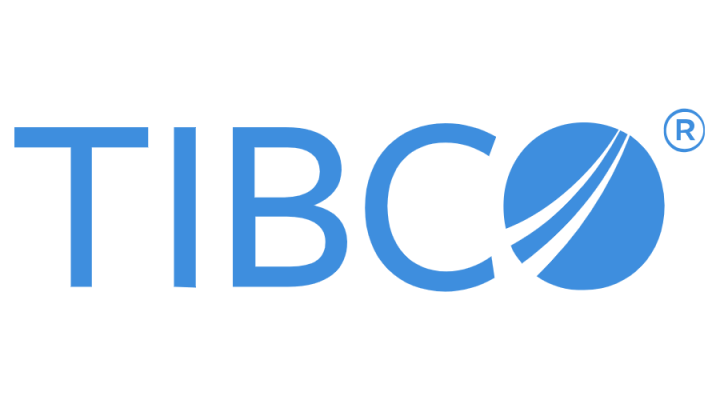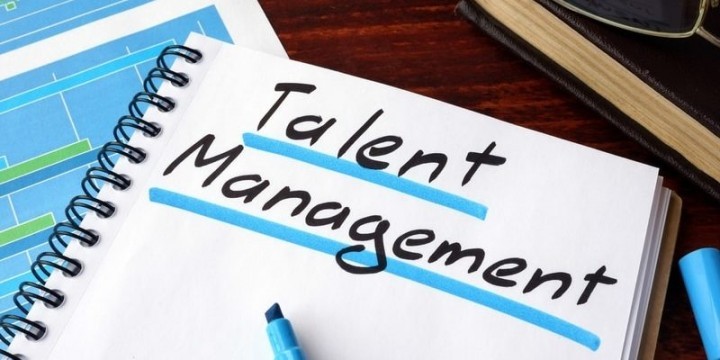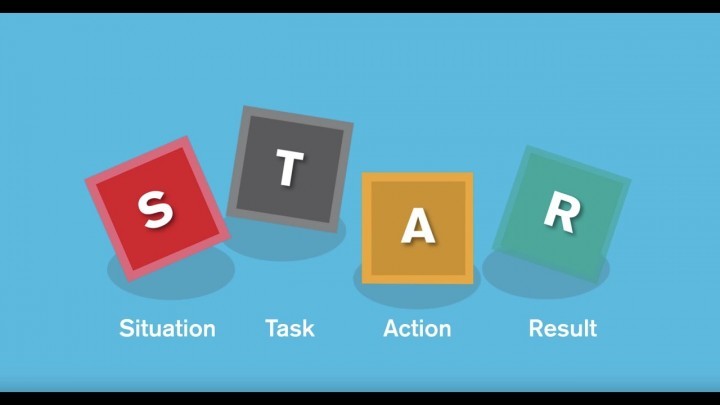
10 Tips for More Effective Team Meetings
Meetings are an inevitable part of our everyday working life. They can either be productive, collaborative forums that help drive a business or project forward or time-eating, soul-crushing events that swamp everyone’s day and stifle progress.
Research shows that only 50% of the time spent in meetings is effective and engaging.
Without apparent purpose, leadership, or organization, a lousy meeting can drag on forever. However, genuinely effective meetings leave everyone feeling organized, motivated, and clear on what they need to get done in the following days or weeks.
If you want to plan and host a successful meeting, you’ll need a proper framework and time management strategy to lead the discussion in the right direction. This article from HRavailable will cover tips that can help you organize your meetings better, making them the most effective use of everyone’s time.
What is an effective meeting?
Effective meetings go beyond a meeting agenda. It’s about involving the right people, having a purpose or goal for this time, making decisions and action items to follow, and most importantly, avoiding the dreadful “should have been an email” meeting.
Meetings are a powerful tool for communication. Connecting synchronously, especially when working remotely, is an important part of building a high-performing team.
With that, HRavailable has compiled 10 tips for a more effective team meeting.
1. Ask yourself: Do I really need this meeting?
Every meeting should have a purpose or goal. If you’re only planning to share information with your colleagues, is a meeting necessary or is that information best served in an email or Slack message?
HRavailable doesn’t recommend canceling recurring team meetings. They’re an important touch point for your team to rely on. But before booking one-off meetings like brainstorming meetings, project retrospectives, and project kick-off meetings — assess whether or not they’re needed.
2. Plan and structure meetings.
All meetings need some structure, so publish the objective and an agenda up front even if it’s just a few key bullet points (with guideline time slots, ideally). Pick a sensible timeframe but err on the short side; typically, meetings will fill the time allocated for them. Also, longer meetings are harder to fit into people’s busy schedules. Avoid contiguous meetings wherever possible—those that attend several in a row will lose much of what they took away from the first few. There is no ideal length for a meeting; duration depends on purpose, but 30 minutes is a good default. (Regular meetings that run for several hours and tie up a large team are really only worthwhile if you’re involved in negotiating an international peace treaty or planning a space mission).
3. Only include relevant people
Once you’ve decided to set up a meeting, you need to consider who should be involved in this meeting. When deciding on who to include in your meeting, think about the following roles:
- Key voices – Those who are there to share their viewpoints and form the decisions
- FYIs – Those who are there to listen because the decisions made will affect their day-to-day or a project they’re working on.
4. Send the agenda before the meeting
Sending out a meeting agenda ahead of time is one of the best things that managers and companies can do. It builds trust in the form of an upfront contract and allows people a fair chance to determine whether or not it is worth their time to attend.
5. Start on time.
The published meeting start time is when the talking starts; not when you expect people to turn up. When you do begin, reiterate objectives, who’s leading the meeting, and who are taking the notes. Few meetings warrant lengthy minutes (and the time spent producing them) but I’d recommend that teams keep a record of any key decisions made, and keep an action log.
6. Have engaging meetings
If you pick your attendees correctly, everyone will get something valuable from the meeting, making the time not only well-spent but interesting. Encourage free thinking and free speaking. Ask the group for ideas and opinions; don’t just talk at them and make it all about you. Bear in mind that not everyone is comfortable airing ideas or opinions in a group so ask for feedback from the room rather than individuals. And in the end, get assigned commitment—actions should always have an owner and an agreed deadline for completion.
7. Keep meetings on track.
Don’t lose sight of what the meeting is there to achieve—the agenda is there for a reason. If other topics crop up, note them and park them for when time allows. Don’t get into long-winded technical discussions that tie up the whole team yet are of value to only a few.
8. Keep it business
Team meetings are not for ambushing individuals, resolving personal conflicts or departmental turf wars. Tackle these outside the room. Lively discussion is to be encouraged but only if it’s constructive, on-topic and moves the agenda forward.
9. Sum up
Close your meeting by re-stating what has been agreed to and achieved so everyone leaves with the same understanding (this step often gets left out if time is short so plan it into your agenda). Wherever possible, end on a positive note even if it’s been a bad news meeting—you want team members to go back to their desks enthused and ready for their next challenge; not downcast and praying for quitting time.
10. Finish on time
A late-running meeting can impact all kinds of other scheduled activities. If the meeting hasn’t produced the desired results, schedule another. Otherwise, you might rush to come up with a half-baked solution in the dying seconds. And that’s probably not what the meeting was about in the first place.
It is of no use to bounce from meeting to meetings with no productive results. You probably need to follow the ways of running an effective meeting. Follow the right structure and order, have a solid objective in mind, and a commitment and you are well on your way to great meetings.
Take stock of how your meetings are going and implement what will work best for your team. When your meetings are run effectively, your team will be more aligned, productive and on track to reach your team goals.
HRavailable keeps you updated on the latest news in the UAE job market.
Get to know more in-depth knowledge on various HR-related topics visit HRavailable.
HRavailable keeps you updated on the latest news in the job market.
Get notified about the latest job openings through HRavailable and never miss a chance to get noticed by the recruiters.















































































































































